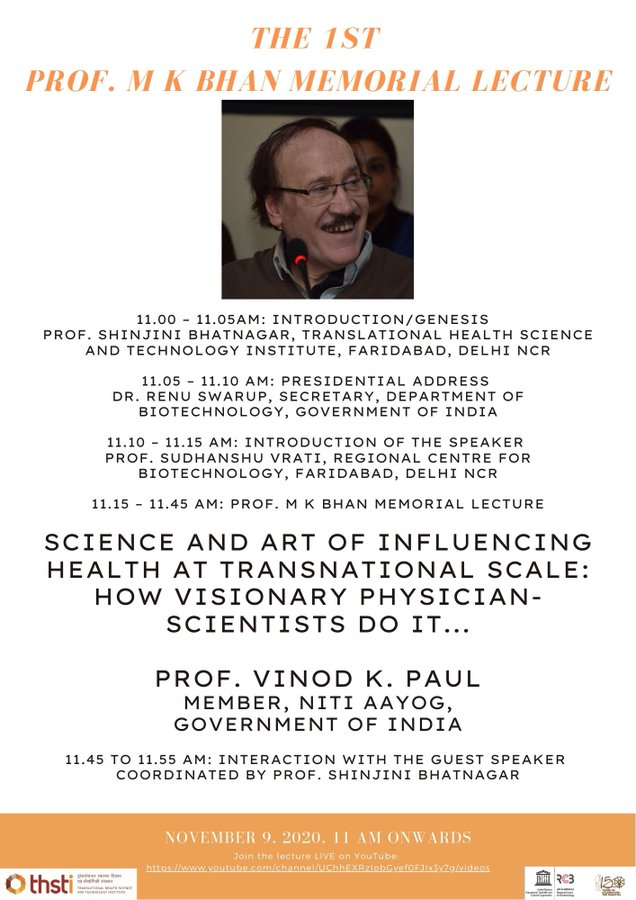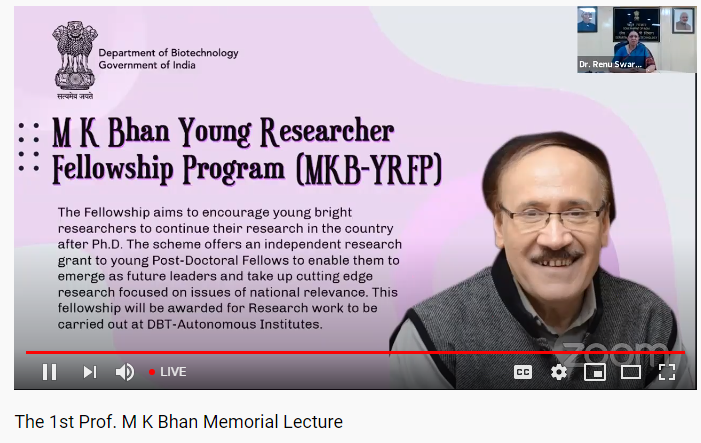
The #COVID19 pandemic shows the need for building capacity within the country for critically evaluating ethical issues in health research
We @SangathIndia #Bhopal hub are delighted to have been funded by @thakurfdn to to create an online/digital course on health research ethics
We @SangathIndia #Bhopal hub are delighted to have been funded by @thakurfdn to to create an online/digital course on health research ethics

The project is called DRISHTi (Developing capacity in health Research ethics Training) and the digital course will be targeted at health professionals as well as general public. The course is proposed to be 8-10 weeks long, completely digital in format and in the English language
The course has the potential to be a key contributor in developing capacity within India to conduct and evaluate health research from an ethics perspective.
Such a capacity is important to combat the ‘epidemic’ of misinformation, to elevate the quality of health discourse in India, to empower Indian citizens and to sustainably strengthen Indian healthcare, health research and public health interventions.
We are launching the project now, and look out for more details in the near future.
The course should be hopefully ready in about 4-5 months time, we will make the announcements when it is ready to launch. Thanks for your interest and support. 🙏
• • •
Missing some Tweet in this thread? You can try to
force a refresh









